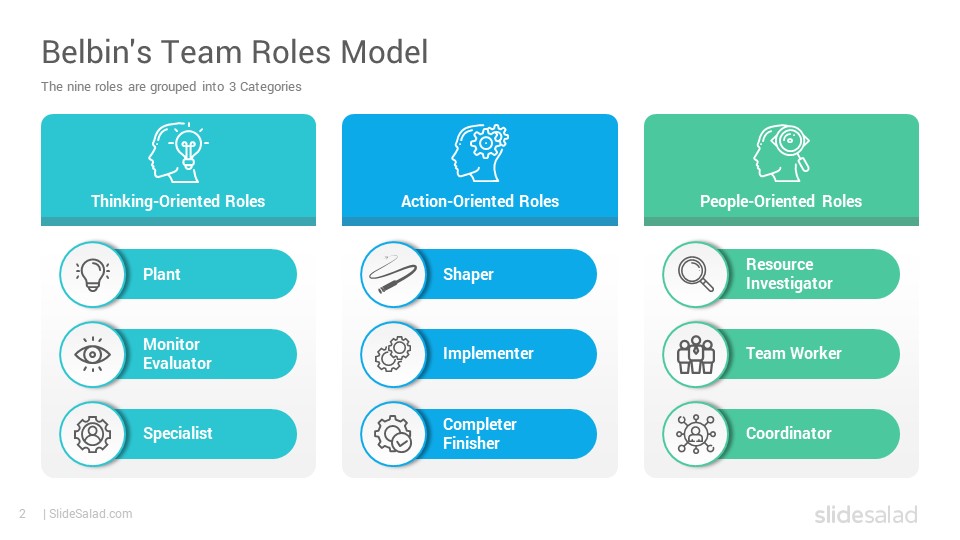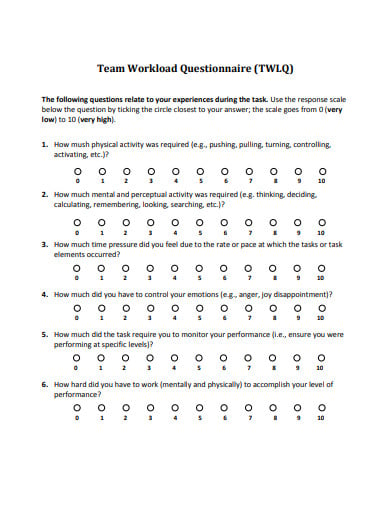
Over the course of years, Belbin defined nine possible team roles, which he categorized into three groups: Action-Oriented RolesĪction-oriented roles focus on improving team performance, implementing ideas, and meeting deadlines. The Apollo team experiment proved that good teams require balance. The team couldn’t decide together while more pressing jobs were completely neglected. However, no one was willing to change their point of view, and each member loved to find holes in each other's arguments. The Apollo team members had spent most of their time debating and trying to persuade the others that their point of view was correct. However, it turned out that the team made up of the strongest individuals was not as effective as it should be - what’s more, it usually performed worse than a regular team. Expectations were high, as everyone thought the superstars of the Apollo team would achieve success effortlessly. Logically, the next step in the research was to create a super team made up entirely of these outstanding individuals.īelbin named them the Apollo team.

Those who passed with flying colors were smarter, had better analytical skills, and were better than others in almost every aspect. What Happens When You Make a Team out of A-Playersīelbin’s research produced several personality tests that enabled experts to determine if an individual will become a business superstar.

If issue still persist, please let us know by sending an email to Again

Sorry, we could not subscribe you at this moment.


 0 kommentar(er)
0 kommentar(er)
